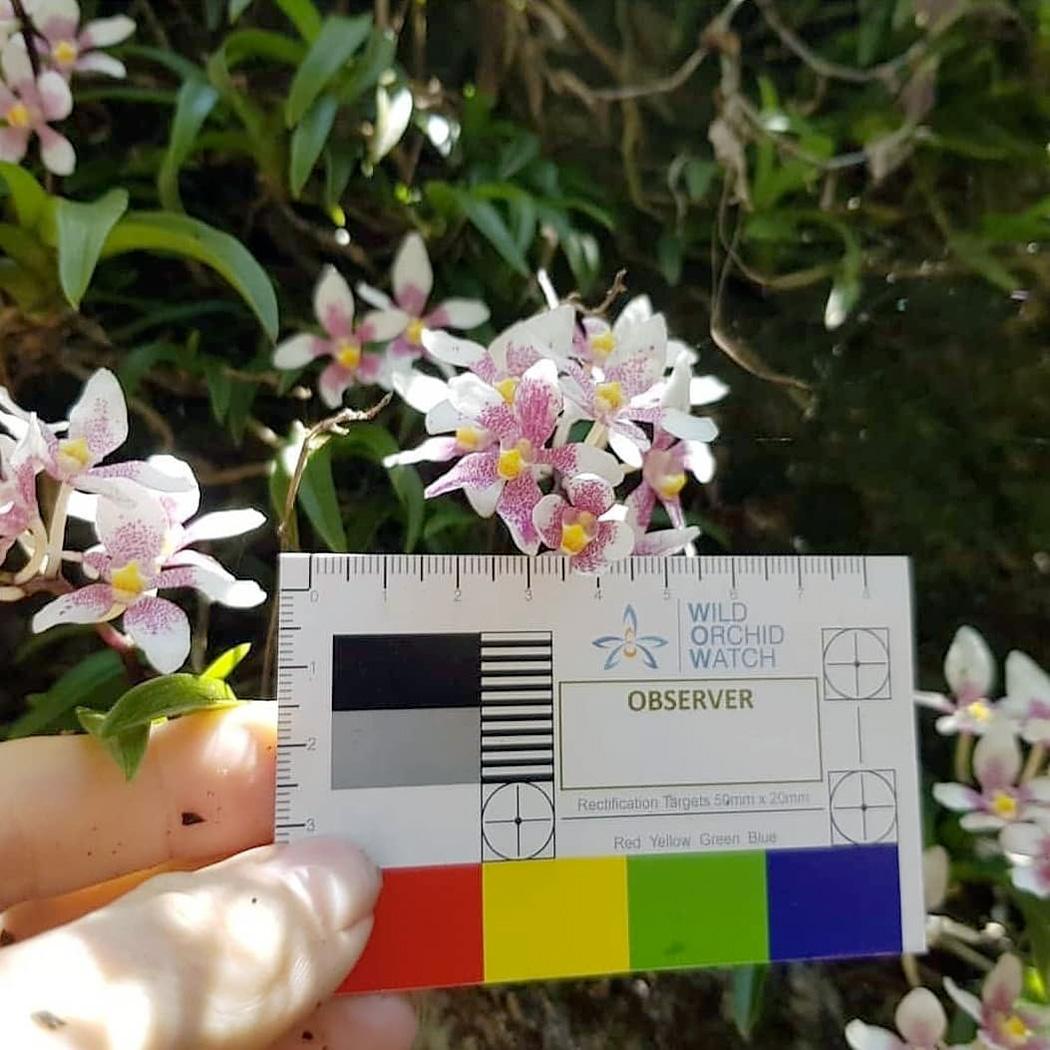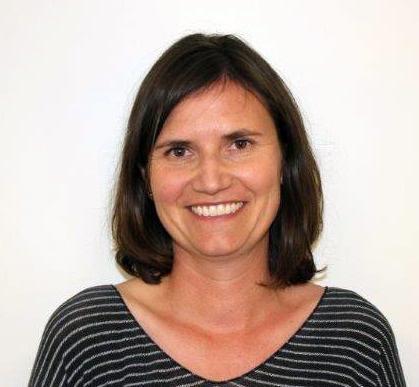Citizen Science: Using people power to drive research
This honours professional skills project will investigate project sustainability for Wild Orchid Watch (WOW) - a national citizen science project designed to collect, record, classify and share scientific information about Australian native orchids, through an app and website.
There is concern that large-scale, community based projects such as WOW can lose momentum once government funding and professional staff time on the project come to an end. What will it take to make this national citizen science project successful in the long term?

Image courtesy of the orchid hub
Potential topics to investigate/evaluate are:
- Communication strategy - which communication channels and strategies have been successful during the establishment and development of the project? Have the target audiences of orchid enthusiasts and researchers been reached? What should the future communication plan for WOW look like?
- WOW community demographics - social survey and analysis of WOW participants
- Evaluation of submitted data:
- Analyse data submitted in first 6 months after the release of the app, investigate how to target under-represented data sources/geographic areas.
- Are citizen scientists submitting habitat and orchid data as intended in the design of the project and app. Do changes or improvements to the methodology need to be made?
Wild Orchid Watch is a national citizen science project designed to collect, record, classify and share scientific information about Australian native orchids, through an app and website. WOW will harness the knowledge, skills and passion of orchid enthusiasts across Australia to collect data for use in scientific research. It is one of 18, two to three year projects, funded through the Australian Government Science Engagement Programme.
Study with the Environmental Monitoring Group
The Environmental Monitoring Group is a group of passionate ecologists, technicians, and communicators based at the University of Adelaide. We work together to develop innovative scientific tools and strategies to monitor ecosystems, create and deliver robust environmental data-sets, and share our services, data, and samples with researchers around the world.
We collaborate with academic and industry partners to provide high-quality information, resources, and analysis to make informed management decisions, and to support future research in a wide range of fields. We are also passionate about scientific communication and community engagement. Our work is focused on, but not limited to Australian terrestrial ecosystems.

Supervisors
Co-supervisor: Associate Professor Ben Sparrow
Research area: Environmental Monitoring Group, School of Biological Sciences
Recommended honours enrolment: Honours in Science communication or Honours in Ecology and Environmental Science
